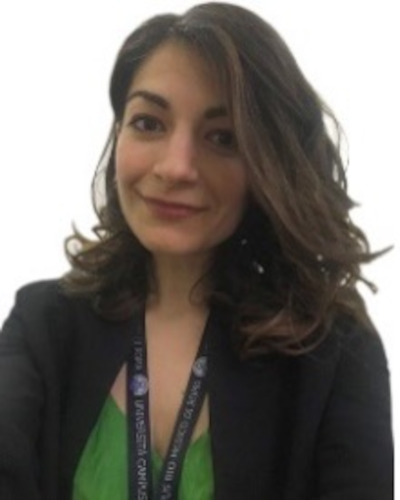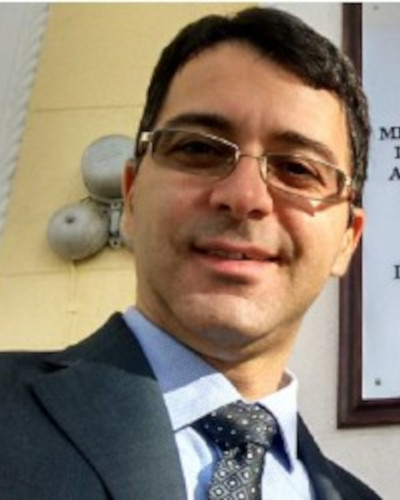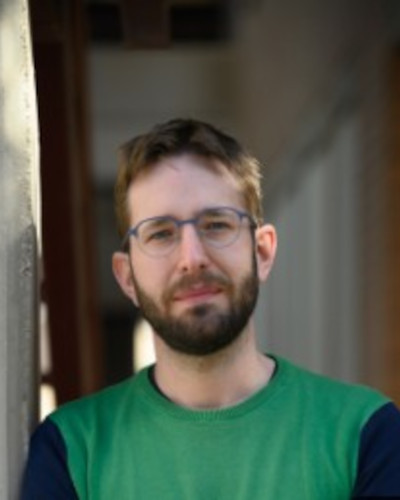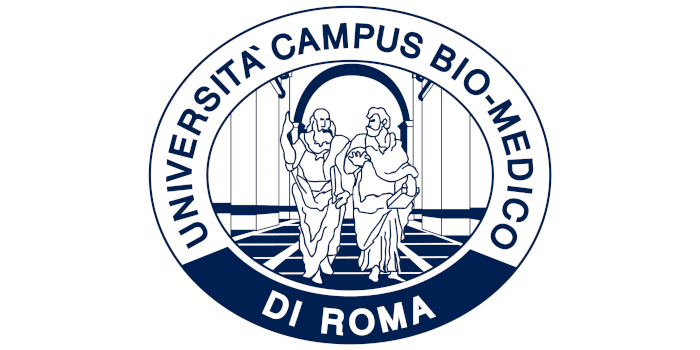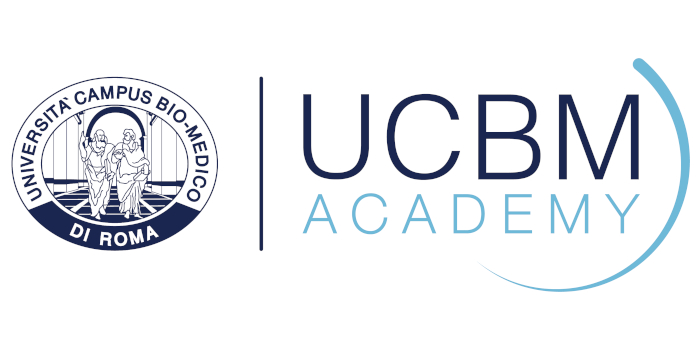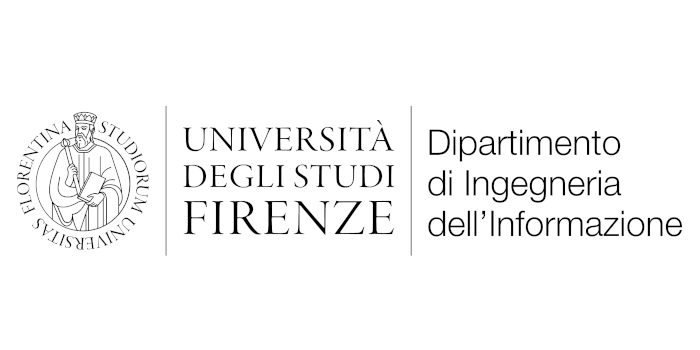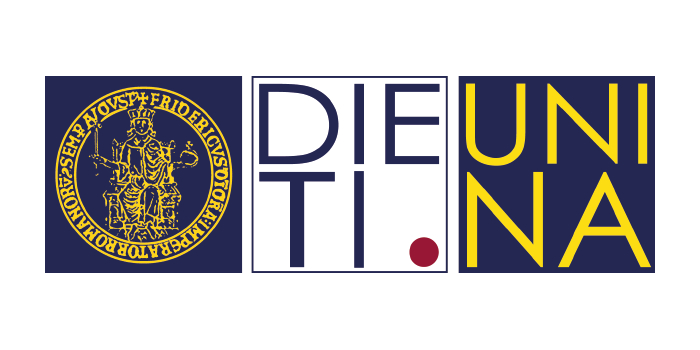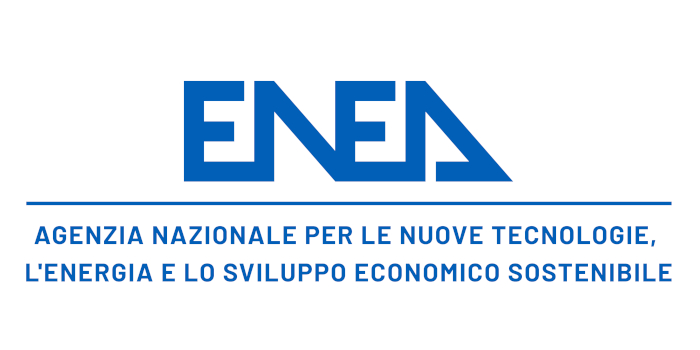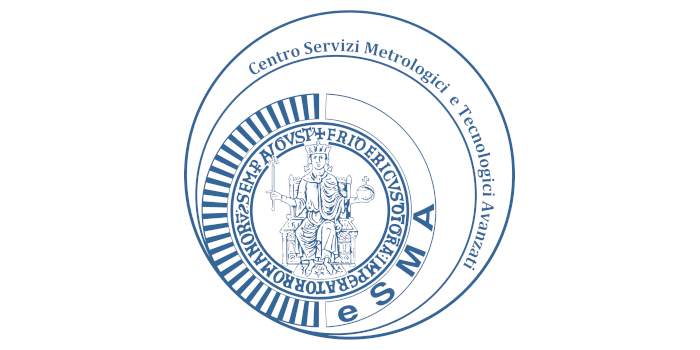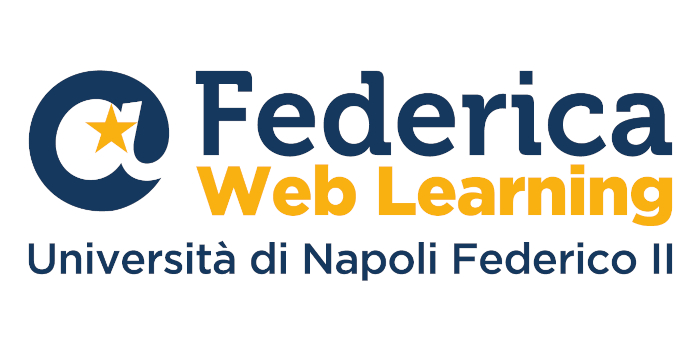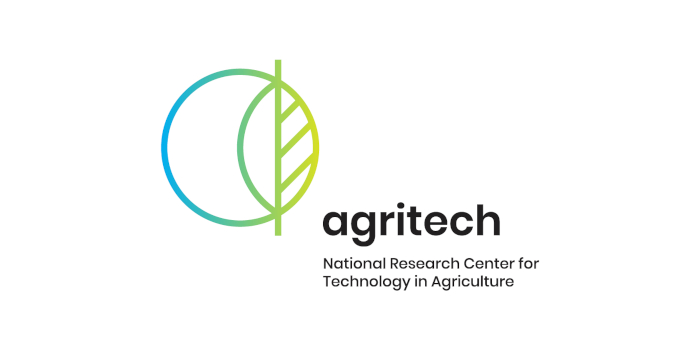SPECIAL SESSION #04
Advances In Optical Sensing For Living Systems: From Humans To Plants
ORGANIZED BY
Daniela Lo Presti
University Campus Bio-Medico of Roma, Italy
Simone Pasinetti
University of Brescia, Italy
Luca De Vito
University of Sannio, Italy
Cedric Marco-Detchart
Public University of Navarre (UPNA), Spain
SPECIAL SESSION DESCRIPTION
Optical sensing technologies are becoming key enablers for quantitative assessment in life sciences and environmental monitoring, thanks to their ability to deliver unobtrusive, non-destructive, and real-time measurements. From wearable optical systems for physiological monitoring in humans to spectral and imaging sensors for assessing plant health and productivity, optical metrology provides a powerful framework for reliable and traceable measurements in living systems.
Despite this rapid expansion, both contact and non-contact approaches still face important metrological bottlenecks:
- Contact systems (e.g., wearables on the skin, probes placed on plants) are exposed to motion artefacts, surface deformation, variability of the sensor–tissue interface, and local mechanical/thermal perturbations that degrade repeatability;
- Non-contact systems reduce invasiveness and allow remote, large-area sensing, but they are highly sensitive to ambient light, scattering effects, surface optical heterogeneity, geometry, and distance, making calibration, uncertainty modelling and traceability extremely challenging.
This Special Session aims to bring together contributions addressing these measurement, calibration, and traceability challenges in optical sensing for human and plant applications, highlighting methodological advances, standardization efforts, and metrological validation of both contact-based and non-contact approaches. It will gather contributions that address these challenges, showcasing methods, protocols, standardization efforts, metrological validation and uncertainty modelling for optical sensing applied to humans and plants.
We aim at linking measurement science, photonics, AI, data fusion, and field/clinical validation, to accelerate the adoption of robust optical sensing solutions in real operational scenarios.
TOPICS
Paper submissions are welcome on (but not limited to) the following topics:
- Optical metrology for biological systems;
- Contact-based optical measurements;
- Non-contact optical measurements;
- Comparison and validation of sensing methods;
- Calibration procedures and reference standards;
- Uncertainty evaluation and traceability;
- Spectroscopic, imaging, and photonic techniques;
- Data fusion and AI-assisted processing;
- Environmental and biological variability;
- Industrial and field applications.
ABOUT THE ORGANIZERS
Daniela Lo Presti (Ph.D 2021) is currently Assistant Professor in Mechanical and Thermal Measurements at the Unit of Measurements and Biomedical Instrumentation of Università Campus Bio-Medico di Roma. Her main research activities focus on the design, fabrication, and feasibility assessment of smart systems and wearables based on fiber optics for application in smart healthcare and agriculture.
Simone Pasinetti (Ph.D 2015) works in the Mechanical and Thermal Measurement Laboratory (MMTLAB) at University of Brescia. Since 2020 he is an Assistant Professor in Mechanical and Thermal Measurements at the University of Brescia, Italy. He is currently the Head of the Vision Systems for Mechatronic and Agriculture division of the MMTLAB. He has a strong background in developing and characterizing vision systems and algorithms based both on deterministic and advanced (i.e. machine and deep learning vision processing) machine vision. In recent years, his main research interests include vision and measurement systems for the agriculture and food industries.
Luca De Vito is an Associate Professor at the Department of Engineering, University of Sannio, in electric and electronic measurement. He received the National Academic Qualification as Full Professor in 2018. He is Editor-in-Chief of the ELSEVIER Measurement:Sensors journal. He is member of the IEEE since 2010, he is member of the IEEE Instrumentation and Measurement Society (IMS), of the IEEE Aerospace and Electronic System Society, and of the IEEE Standards Association. He is Senior Member of the IEEE since 2012. He is Member-At- Large of the IMS Administrative Committee (AdCom) for the term 2026-2029 and Region 8 Liaison. He is Member of the Technical Committee 10 (TC-10) of the IMS and Chairman of the Working Group on Digital to Analog Converter Testing. He is member of the Technical Committee 4 (TC4) of the IMEKO (International Measurement Confederation). He is member of the AFCEA and vice-president of the AFCEA Naples Chapter. He published more than 240 papers on international journals and conference proceedings, mainly dealing with measurements for the telecommunications, data converter testing and biomedical instrumentation.
Cedric Marco-Detchart (Ph.D. 2019) is an Assistant Professor in Computational Sciences and Artificial Intelligence at the Public University of Navarre (UPNA), Spain, and a member of the Institute of Smart Cities (ISC). His research focuses on Artificial Intelligence, with emphasis on perceptual comparison, uncertainty modelling, and information aggregation. He develops computational and vision-based models that integrate uncertainty and interpretability, with applications in agriculture and environmental monitoring and medical domains. His current work explores aggregation-based approaches for trustworthy and perception-oriented AI.

